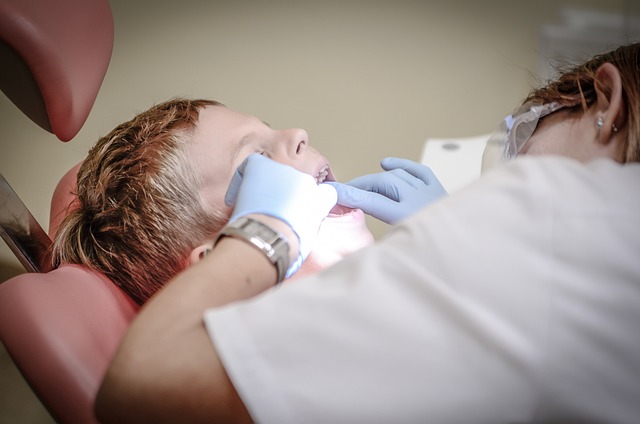The Role of Artificial Intelligence in Dentistry
Artificial intelligence (AI) has become an integral part of various industries, and dentistry is no exception. The latest advances in dental technology have seen the incorporation of AI, revolutionizing the way dental professionals diagnose and treat oral health issues. With its ability to analyze vast amounts of data and make accurate predictions, AI has proven to be a valuable tool in improving patient care and outcomes.
One of the key areas where AI has made significant strides in dentistry is in the field of diagnostics. Traditionally, dentists relied on their expertise and visual examination to identify dental problems. However, AI-powered imaging systems have now made it possible to detect issues that may have gone unnoticed by the human eye. These systems use machine learning algorithms to analyze dental images, such as X-rays and scans, and provide dentists with detailed reports highlighting potential problems. This not only saves time but also ensures more accurate diagnoses, leading to better treatment plans.
AI has also played a crucial role in improving the accuracy of dental treatments. For instance, AI-powered robots can now assist dentists during complex procedures, such as dental implant placements. These robots use advanced algorithms to precisely position implants, reducing the margin of error and increasing the success rate of the procedure. Additionally, AI can analyze patient data, such as medical history and genetic information, to personalize treatment plans and predict potential complications. This level of customization ensures that patients receive the most effective and tailored care possible.
Furthermore, AI has proven to be a valuable tool in patient education and engagement. Dental professionals can now use AI-powered software to create interactive 3D models of patients’ mouths, allowing them to visualize the proposed treatment outcomes. This not only helps patients understand the procedures better but also enables them to make informed decisions about their oral health. AI can also be used to develop virtual reality simulations, where patients can experience dental procedures before undergoing them in real life. This technology reduces anxiety and fear associated with dental visits, ultimately improving patient satisfaction.
In addition to diagnostics and treatment, AI has also been instrumental in improving dental practice management. AI-powered software can streamline administrative tasks, such as appointment scheduling and billing, reducing the workload on dental staff. These systems can also analyze patient data to identify patterns and trends, helping dentists make more informed decisions about their practice. By automating routine tasks and providing valuable insights, AI allows dental professionals to focus more on patient care and enhance the overall dental experience.
While AI has undoubtedly brought numerous benefits to the field of dentistry, it is important to note that it is not meant to replace human dentists. Rather, AI serves as a powerful tool that complements the expertise and skills of dental professionals. By harnessing the capabilities of AI, dentists can provide more accurate diagnoses, personalized treatments, and improved patient experiences.
In conclusion, the integration of AI in dentistry has revolutionized the way oral health issues are diagnosed, treated, and managed. From enhancing diagnostics to improving treatment accuracy and patient engagement, AI has proven to be a valuable asset in dental practice. As technology continues to advance, it is exciting to envision the future possibilities that AI holds for the field of dentistry, ultimately benefiting both dental professionals and patients alike.



